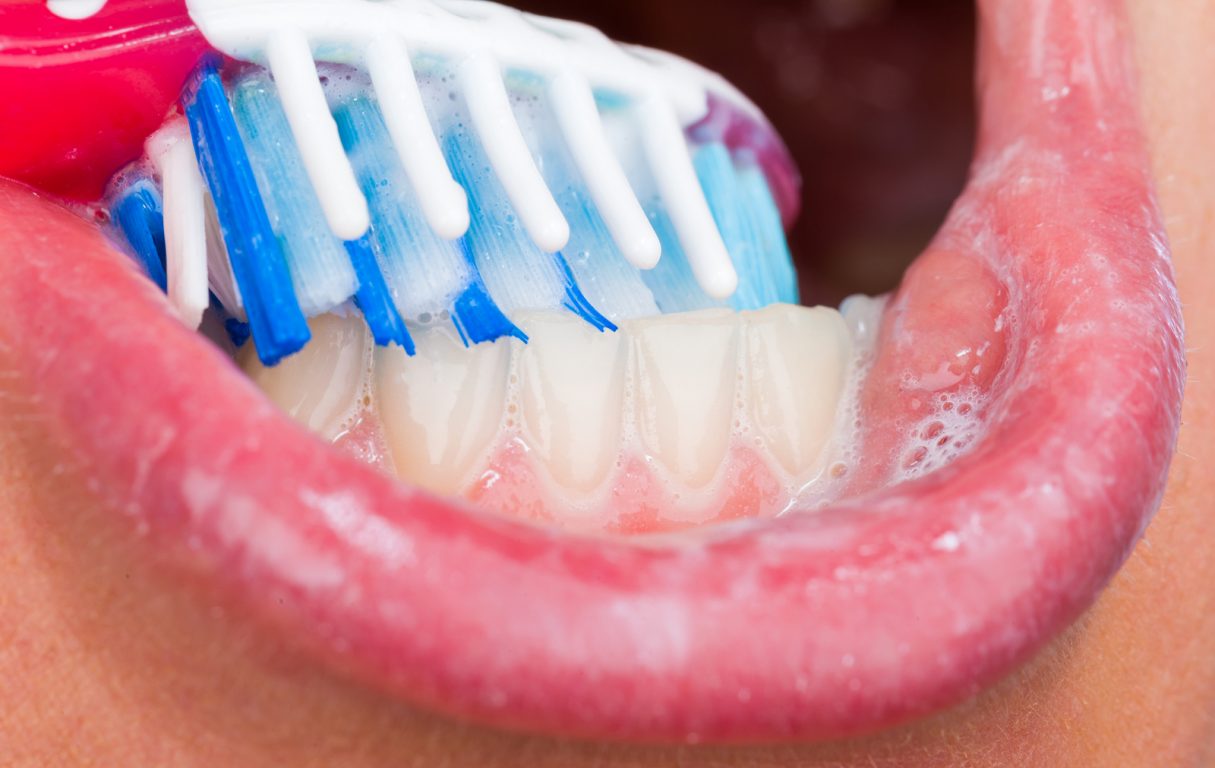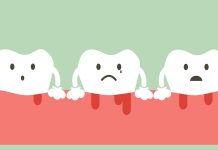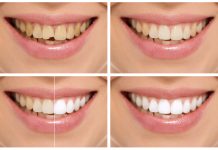A healthy smile can be a great asset and because this is so important, it makes sense to give your teeth the best care possible.
It is easy to keep your mouth clean and healthy. A simple routine of brushing for two minutes, twice a day with fluoride toothpaste and cleaning between the teeth, good eating habits, having sugary food and drinks less often and regular dental check-ups can help prevent most dental problems.
Although most people brush regularly, many don’t clean between their teeth and some people don’t have regular dental check-ups. A few small changes in your daily routine can make a big difference in the long run.
Your dentist can remove any build-up of plaque or tartar on your teeth and treat any gum disease that has already appeared. But daily dental care is up to you, and the main weapons are the toothbrush and inter-dental cleaning (cleaning between the teeth).
Common Dental Problems:-
- Bad Breath
Bad breath is a very common problem and there are various causes for it.
Persistent bad breath is usually caused by the smelly gases released by the bacteria that coat your teeth and gums. Bits of food that get caught between the teeth and on the tongue will decay and can sometimes cause an unpleasant smell. So correct and regular brushing is very important to keep your breath smelling fresh.
However, strong foods like garlic, coffee and onions can add to the problem.
The bacteria on our teeth and gums (plaque) also cause gum disease and dental decay. One of the warning signs of gum disease is that you always have bad breath or a bad taste in your mouth. Again, our dentist will be able to see and treat the problem during your regular check-ups. The earlier the problems are found, the more effective the treatment will be.
- Tooth Decay
Tooth decay happens when the enamel and dentine of a tooth become softened by acid attack after you have eaten or drunk something that contains sugars. Over time, the acid makes a cavity (hole) in the tooth. ‘Dental decay’ is the same as tooth decay and is also known as ‘dental caries’. Tooth decay is caused by plaque acids that gradually dissolve away the enamel and dentine of the tooth. Decay damages your teeth and may require fillings or extraction.
- Plaque
Even if you practice the best oral hygiene, there are bacteria in your mouth. These bacteria, along with proteins and food byproducts, form a sticky film called dental plaque. This film coats teeth. Plaque is most prevalent in areas that are hard to clean like the back teeth and just along the gum line.
Plaque can be bad news for teeth. Every time you eat, these bacteria secrete acids that can damage tooth enamel and lead to cavities. The acids can also cause inflammation and infection to your gums. But, if you remove plaque regularly with proper hygiene practices, you can prevent this assault on your teeth from leading to permanent tooth decay.
A bigger problem arises if plaque is allowed to remain on your teeth and harden. That can happen after just 26 hours. When this occurs, the plaque hardens into tartar, or dental calculus. Because it has mineralized onto your teeth, tartar is far more difficult to remove than plaque.
- Cavities
A cavity is a hole in the tooth caused by decay. Cavities occur after decay has worn away the tooth enamel. The best way to prevent tooth decay and cavities is by brushing twice a day, flossing daily and visiting your dentist regularly. Eat healthy foods and avoid foods high in sugar.
- Yellow Teeth
Have you ever wondered what the causes of yellow teeth are?
-
- Getting older – Everyone’s teeth naturally getting more and more yellow the older you get. They start to lose coloration and gain that yellowish hue.
-
- What you eat and drink affects your bright smile – One factor that can affect the whiteness of your teeth are the foods that you eat and the beverages that you drink. Drinking too much soda pop can cause discoloration of your teeth.
-
- Accidents – Some people may just have one or two teeth that are very yellow. This can be caused from damage to the internal portions of the tooth.
- Antibiotics – Consumption of certain antibiotics during your early years can result in yellow teeth.
So before you go try to get your teeth whitened make sure you understand why your teeth are yellow. If its coffee drinking or just aging then bleaching can help fix your problem, but if you have a damaged tooth than go get it fixed first and then tries to whiten it late







